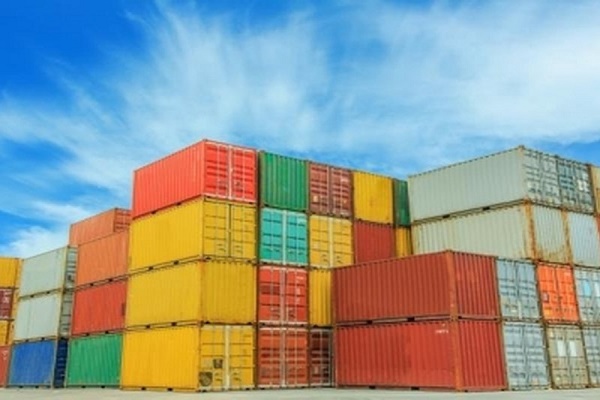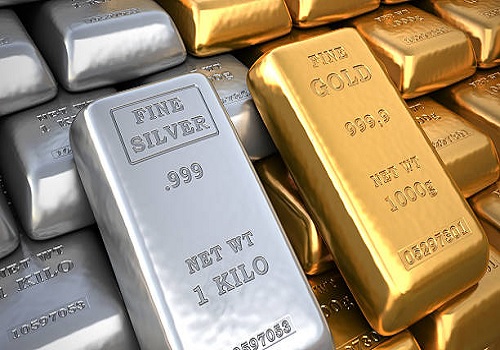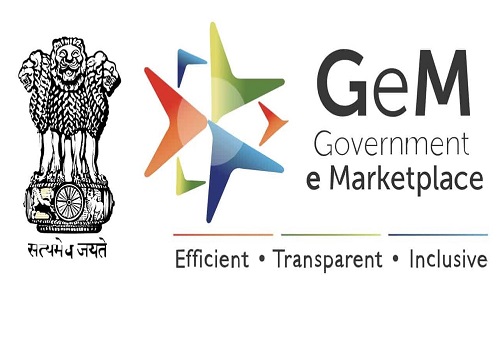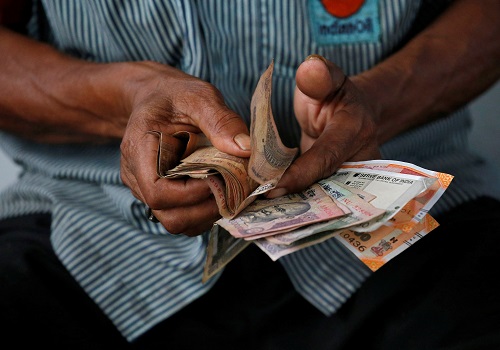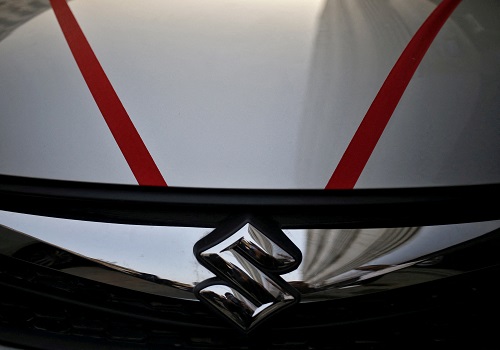S&P Global Platts Analytics: US, India, UK agree to release crude from strategic reserves to battle high prices
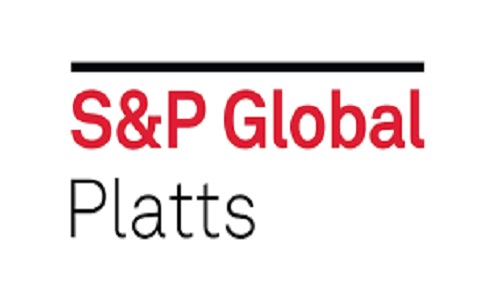
The US will release 50 million barrels of crude from its Strategic Petroleum Reserve as part of a unified effort with several other major oil-consuming countries to lower high fuel prices. While the White House said China, India, Japan, South Korea and the UK will join the US in releasing strategic oil stocks, so far only India has confirmed it would release 5 million barrels of crude, while the UK said it would allow companies to voluntarily release up to 1.5 million barrels.
Crude prices rallied following the announcement, as the market weighed news of the release against a possible response from the OPEC+ producer bloc.
"Markets are already off their peaks from October, with part of the decline likely due in part to the threat of SPR releases," said Paul Sheldon, chief geopolitical adviser for S&P Global Platts Analytics.
"Any further impact of an actual SPR release will not be sustained, as balances would not change dramatically and OPEC+ would be less inclined to increase its production," Sheldon said. "But the largely unprecedented price-related release could serve to establish a new short-term ceiling and become a catalyst for a fresh wave of selling, given coronavirus-related demand uncertainties."
PRICES
* NYMEX front-month crude settled $1.75/b higher at $78.50/b, while ICE front-month Brent settled at $82.31/b, up $2.61/b.
* NYMEX crude and ICE Brent are both down from recent highs seen in October, pulled down by expectations of an SPR release, along with rising coronavirus cases in Europe and Asia, which have threatened the demand recovery.
* NYMEX front-month crude is down $6.15/b from its recent high of $84.65/b on Oct. 26, while ICE Brent is down $4.09/b from its recent high of $86.40/b on Oct. 26.
* Over roughly the same period, crude futures backwardation has narrowed, reflecting the expectation that supplies will loosen, with the NYMEX front-month premium to the 12th month contract settling at $6.47/b Nov. 23, down from $11.65/b Oct. 29.
* US Gulf Coast spot market crudes were thinly traded Nov. 23, with little change in price differentials, as the market awaits more details on exactly how much, and what quality, SPR crude companies will request, and where that crude will be destined.
* USGC sour benchmark Mars crude was unchanged at a $3/b discount to WTI, while Light Louisiana Sweet was unchanged at a 40 cents/b premium to WTI, S&P Global Platts data showed.
* Refined products crack spreads have fallen in recent weeks on the coronavirus concerns, and as more global refining capacity is expected to come online, with the NYMEX front-month RBOB crack spread vs ICE Brent ending Nov. 23 at $13.16/b, down from $17.41/b Oct. 18.
* Global announced atmospheric distillation outages are expected to fall to just 2.34 million b/d in December from 4.77 million b/d in November, according to Platts Analytics.
* The US average for regular-grade gasoline is expected to peak in November at $3.32/gal, the highest since September 2014, the Energy Information Administration said Nov. 9. It expected US gasoline prices to ease to $3.15/gal in December and $3.02/gal in January, with prices averaging $3/gal for the first half of 2022.
INFRASTRUCTURE
* The US SPR stockpile had 604.5 million barrels as of Nov. 19, about 58% of which is sour crude and 42% sweet, according to the Department of Energy.
* The US could move as much as 2.12 million b/d of SPR crude to global markets, but as much as 1.74 million b/d of additional marine distribution capacity would likely be needed in the event of a major disruption, such as an attack on Saudi Arabia's Abqaiq oil processing facilities, according to a DOE report.
* The SPR is currently made up of four sites: Bryan Mound in Freeport, Texas; Big Hill in Winnie, Texas; West Hackberry in Hackberry, Louisiana; and Bayou Choctaw in Plaquemine, Louisiana.
* Bryan Mound, with 19 operational caverns and 247.1 million barrels of design storage capacity, is the largest, while Bayou Choctaw, with six caverns and 76 million barrels of capacity, is the smallest.
* The US' SPR was established in response to the Arab oil embargo of 1973 and 1974 and acts as "an insurance policy against potential interruptions in US petroleum supplies, whether originating from domestic or international supply disruptions, natural disasters, sabotage, or acts of terrorism," according to DOE.
* Under a 1974 treaty with 29 International Energy Agency countries, the US agreed to hold inventories equal to at least 90 days of net crude and petroleum product imports.
* The US must contribute crude supplies in an IEA collective action based on its share of consumption, and is currently accountable for about 44% of the barrels released in an IEA coordinated response, according to DOE.
* Under IEA rules, the UK is obliged to hold the equivalent to 90 days of net imports -- recently equivalent to around 4 million mt -- a volume considered appropriate to protect against oil supply disruptions.
* The UK's total crude and product stocks stood at 73.3 million barrels at the end of August, or about 60 days of forward demand, according to the IEA; of the total, 24 million barrels were held as crude stocks.
Above views are of the author and not of the website kindly read disclaimer

